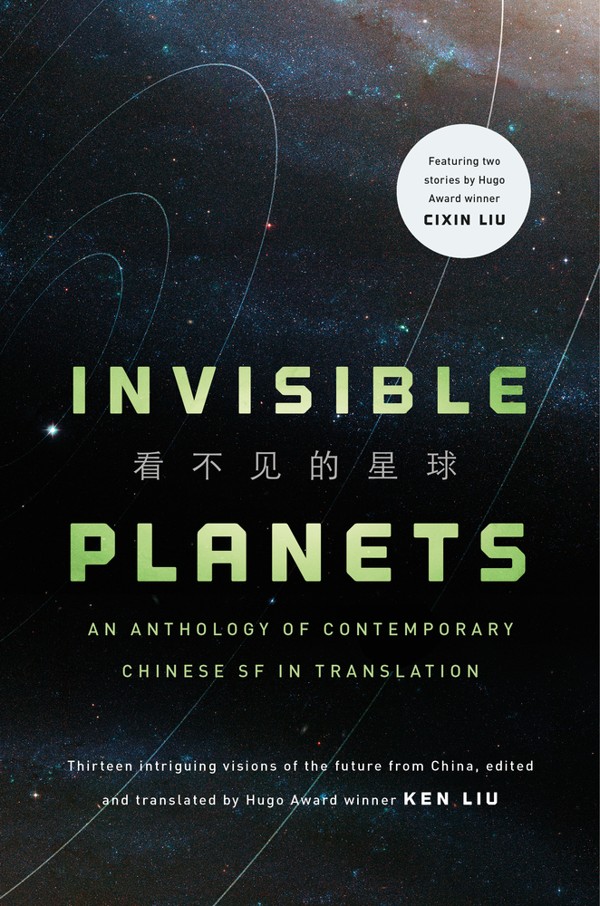
Award-winning author and translator Ken Liu on Invisible Planets: the first English language anthology of Chinese science fiction
Award-winning author Liu talks about the future of Chinese science fiction and the importance of Invisible Planets, the first English-language compilation of Chinese sci-fi

There are rare moments in literary history where one can attribute the rise of an entire genre to just one author. Ken Liu is not just an author - he’s a translator who is opening the door to anglophone audiences to the huge growth in science fiction coming from China.
His work as a translator helped pave the way for the success of Liu Cixin and his smash-hit trilogy The Three Body Problem as well as Hao Jinfang’s Hugo-award winning short story Folding Beijing, simultaneously maintaining a solid output of work of his own with The Paper Menagerie, the first work of fiction to win the Nebula, Hugo and World Fantasy Worlds in one year, and developing a new genre of ‘silk punk’ Chinese fantasy fiction with his Dandelion Dynasty series.
He has just overseen the pubishing of Invisible Planets, a collection of stories which could well be the Chinese science fiction equivalent of Dangerous Visions, the anthology of science fiction released in 1967 which changed the way many readers thought about the genre.
“For readers, my fellow anglophone readers, I hope they like the book. I don’t think the book is terribly important to the Chinese community, because Chinese writers have been writing Chinese science fiction for decades, and there’s a very vibrant science fiction scene in China, consisting of younger authors like Chen Quifan, Hao Jinfang, Xia Jia and so on…
“For English readers I think it is kind of interesting, because up until this moment Chinese science fiction has played a very low role for the average anglophone, you know, most of us read authors from the UK, the US, Australia, from Canada, we might read some translations, but mostly they will be from Europe or Japan. There has not been a large presence in translation from Chinese quarters.
“Of course, Liu CiXin’s Three Body Problem won the Hugo [in 2015], and that was a very popular novel, and I’m hoping that will get people interested in other authors from China, who do other interesting things but who have not necessarily had big novels.”

“I realised even though I was enjoying a lot of Chinese science fiction from my friends, very little of it was published in the West, in English, or any other languages. Since I was enjoying so many of these stories, I’m a fan, I love to share more of these works with my fellow readers – that’s what fans do, they discover things they enjoy and want to share them with everybody else they know – so I got into translation. I translated more short stories, I got them published, introduced more authors to readers here in the US and UK, and it’s been great.”
After years of quietly championing Chinese science fiction as its chief translator, he looks forward to Invisible Planets helping to clear the language barrier between Chinese science fiction authors and the English speaking audience.
“I know some of the short stories I’ve translated from Chinese have been popular with anglophones, and having them in a single collection like this for the first time – as far as I know this is the very first commercial anthology of Chinese contemporary science fiction – I’m really hoping that it will help readers discover authors they’ve never read before.”